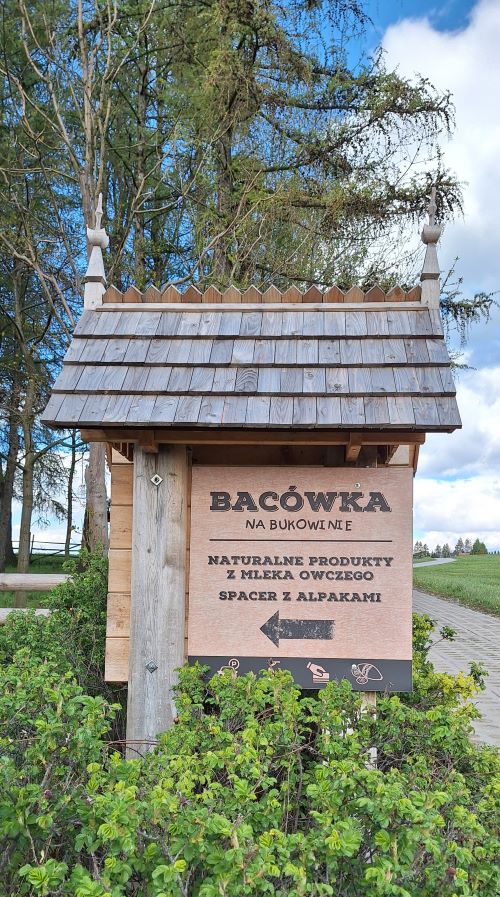08/06/2008
A metamorphosis
These days, Deputy Premier Lepper hides his beetroot complexion under a tan. His over-short anoraks have given way to well-cut suits. Instead of permanently tousled and ragged hair, he now receives the careful attention of a hairdresser – writes Monika Iskandar.
MONIKA ISKANDAR
Today, when we see the Samoobrona (Self-Defence Party) leader, currently deputy prime minister and minister of agriculture, it is difficult to imagine that he is the same person who only a few years ago, with his ruddy weather-beaten cheeks aglow, was organising road blocks and picketing the speaker’s podium in parliament. These days, Deputy Premier Lepper hides his beetroot complexion under a tan. His over-short anoraks have given way to well-cut suits. Instead of permanently tousled and ragged hair, he now receives the careful attention of a hairdresser. So, out of a peasant rebel-rouser he has turned into an esteemed statesman. This change has not just affected his appearance. It seems that even Lepper’s speeches have begun to sound more civilised. Less often does he call his opponents “crooks” and Balcerowicz no longer “has to go”. It is plain to see that he has been following ardently the advice of his PR consultants.
This is all self-evident and, after all, this change in Lepper did not happen overnight. But two new issues have surfaced regarding the making of the current agriculture minister’s image and both of them are to do with the Samoobrona Party’s entry into the governing coalition and with its leader’s admission into the government.
The first issue, which is still very fresh, is that Lepper is extremely good at using his position as the playmaker of Polish politics. He knows that without him PiS (Law & Justice Party) and LPR (League of Polish Families Party) would be unable to maintain themselves in power and suitably often he reminds them of this. His departure from and return to the government, which were played out really well tactically, have significantly raised both his approval ratings as well as Samoobrona’s. First of all, he disappeared for a while provoking a rush of speculation about what may have happened to him and stoking up interest in his person. Then, when the “Truth Tapes” scandal erupted, he returned in glory portrayed as a victim of political intrigue. He waited through the period when the PSL (Polish Peasant Party) once again played out their role of “virgin restored”, deciding eventually not to join the PiS-LPR coalition believing that their newly regained purity may come in handy at later time. He waited out Prime Minister Kaczyński’s declaration of no more pacts with people with suspicious pasts, because he knew that PiS would dump it very quickly. When the aura around Samoobrona calmed down somewhat, he returned to his previously held posts, and Samoobrona gained a stronger position in the coalition than it had held before. This effect was, admittedly, spoilt for him by the president, who presented him with his nomination without the usual flashing of lights and clicking of cameras, but that was not too high a price to pay for the rise in public support and the opportunity to play the role of the only just man in Gomorrah.
The second issue concerns, as it turns out, the perennial role model of the Polish People’s Republic (PRL) or, more precisely, the Gierek era, and although it is tied to Lepper’s first round in government, it also has a major influence on how he is current perceived. In this respect Lepper does not differ much from the standard set in the so-called “4th Republic”. This “old-and-new” tradition was revived by the president himself. When he was still mayor of Warsaw, he ceremoniously opened the Warsaw Uprising Museum on the 1st of August, but it then had to close the next day as it was not yet finished. In exactly the same way the First Secretary of the Communist Party would open a new foundry at a steel plant on the 22nd of July, and on the next day it would close because it was still short of a furnace for melting the pig iron. The president’s brother is keeping in with the same tradition: shortly after taking on the prime minister’s office, he set off to open with much pomp a new stretch of motorway that is still unusable because it has no access road and is not fully equipped.
Clearly, Lepper does not want to be outdone by the most important persons in the state. He also remembers well Comrade Edward Gierek’s shows of managerial concern. So, he sets off on inspection visits: here he checks how the corn is ripening in the fields, there he bends down with concern to see at close hand the sun-burnt stalks of rye. Like a kindly and gracious master, he likes to joke that the rain falling in a village he is visiting, is not his doing, because he does not yet have supernatural powers. It would all be quite amusing were it not for the fact that these supposedly old and compromised methods are actually working quite well for him. Increasingly, one hears that this Lepper guy is not all that bad, that he really does look after agriculture, and not to the detriment of the other parts of the economy.
It looks increasingly that at the next presidential election Lepper may no longer be bringing up the rear when the final results list is announced.
Monika Iskandar






CHRISTMAS
Exotic and traditional
In certain regions of Poland, where Catholics and Orthodox live side by side, there is an old debate going on regarding the “authenticity” of Christmas, in others words, the date when Jesus’ birth should be celebrated. więcej...